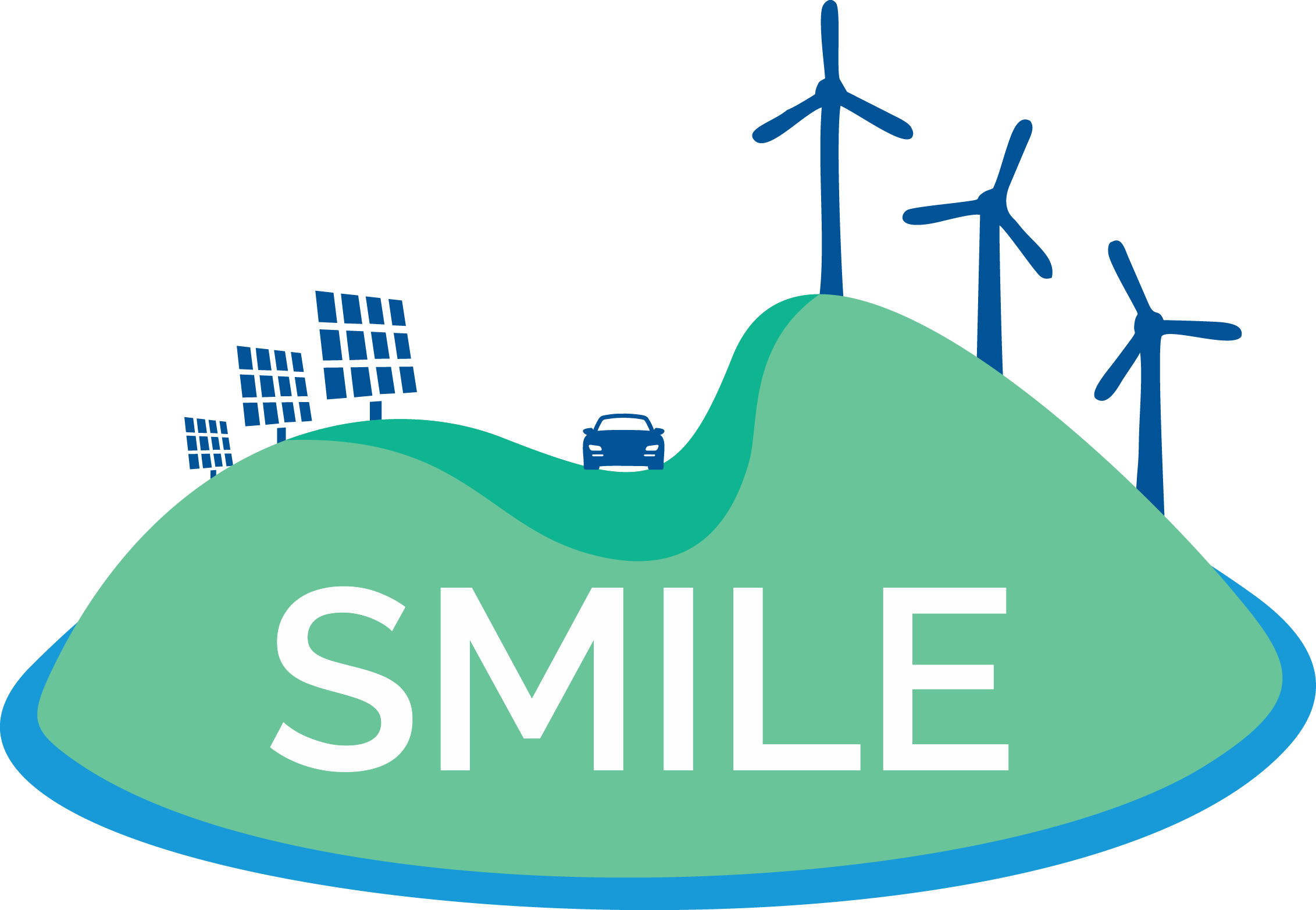Current situation and overall experience within the SMILE project. An interview with Filipe Quintal and Lucas Pereira, project managers from PRSMA.
Could you tell us a bit about your company?
PRSMA, (Brightcuriosity, Lda) was formed in 2015. Three of the founding members were PhD students in the final years of their study. After one of the students won an award at an academic conference, it was decided to invest the award to start the company. Two more experienced members joined for a total of five funding members. The first goal of the company was to commercialize an electricity monitor developed during the PhD thesis of three of the members. For this PRSMA received the H2020 SME Instrument Phase 1 grant and studied the viability of the idea. During this period, it was decided to abandon the hardware development and focus on an Energy Management System and an interface for different electricity consumers, which could interact with electricity equipment from different vendors. PRSMA applied for the second phase of the SME Instrument program, but in this case the proposal was not funded, even though the evaluation was above the threshold, and it received the seal of excellence from the European Commission.
Was it difficult for your company to apply for H2020 grant?
PRSMA has a very strong academic background, therefore the writing and presenting components of the H2020 were not the biggest challenge. I believe the biggest challenge was interacting with different partners which were all expecting results and contributions from us. When we were introduced to the SMILE consortium, PRSMA was still very young, and in my opinion the hardest part was to discuss and commit with the project partners about, for example, deadlines, cost estimations, deliverable contents, software to produce and integration with other partners infrastructures
What were your concerns & expectations related to participating in this project?
Like it was mentioned in the question above, we believe our biggest concern was to make sure we provided a valid contribution to the project and guarantee to other partners that they could count on us to deliver timely and quality contributions. However, we are proud to say that everything went smoothly.
How did your business benefit from participating in SMILE project?
PRSMA pivoted to a more software-based approach. We believe SMILE allowed us to validate this decision. Nowadays, we can state it was the right decision, since the project allowed us to develop the services we were aiming for. SMILE also helped us to expand our network which resulted in the participation in two other project proposals for H2020, which unfortunately were not approved.
Was your work plan efficient and coherent with the time-frame of SMILE?
We believe so, at the start we overestimated the time needed to get our services up and running. However, the opposite has happened in the middle/end of the project. The setup of the services needed for the Battery Energy Storage Systems and Electric Vehicles was more challenging than initially estimated.
What are the most recent developments regarding your company within the SMILE project?
The most recent service provided by PRSMA, is the forecasting, scheduling and control service for grid storage systems. This service is currently running for the Fazendinha Battery Energy Storage System part of pilot 5. Parallel to this development we also implemented an interface to allow manual control in such systems. SMILE also allowed us to implement a completely new service which is the monitoring and control of EV charging. SMILE provided us with opportunity to learn and test state of the art charging control protocols.


Recent Comments